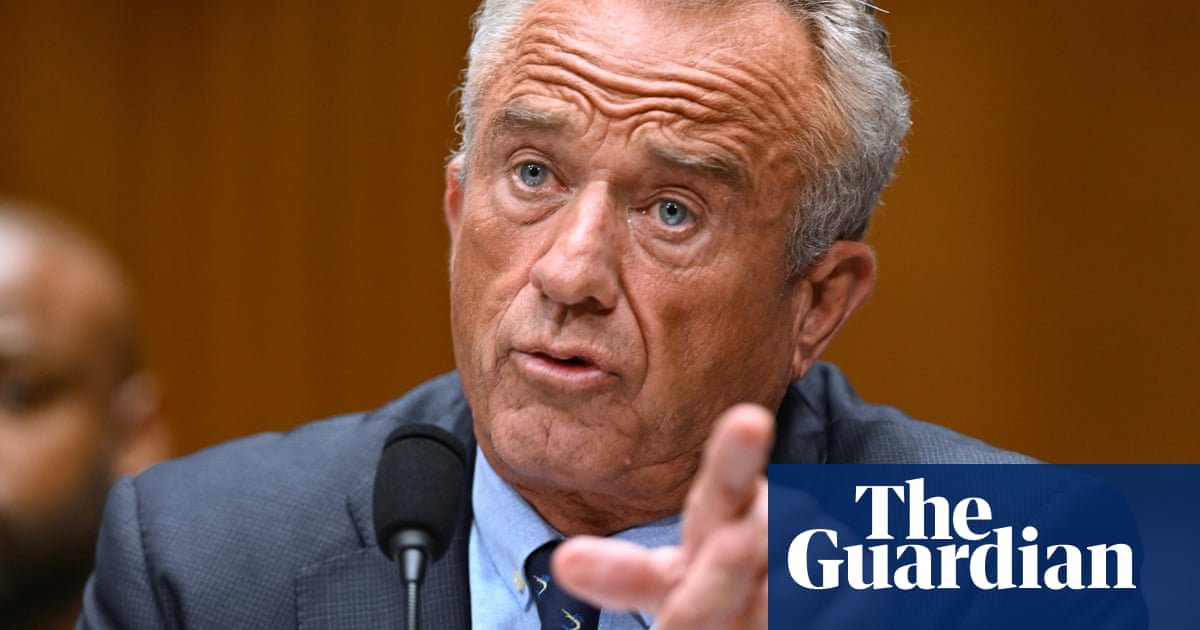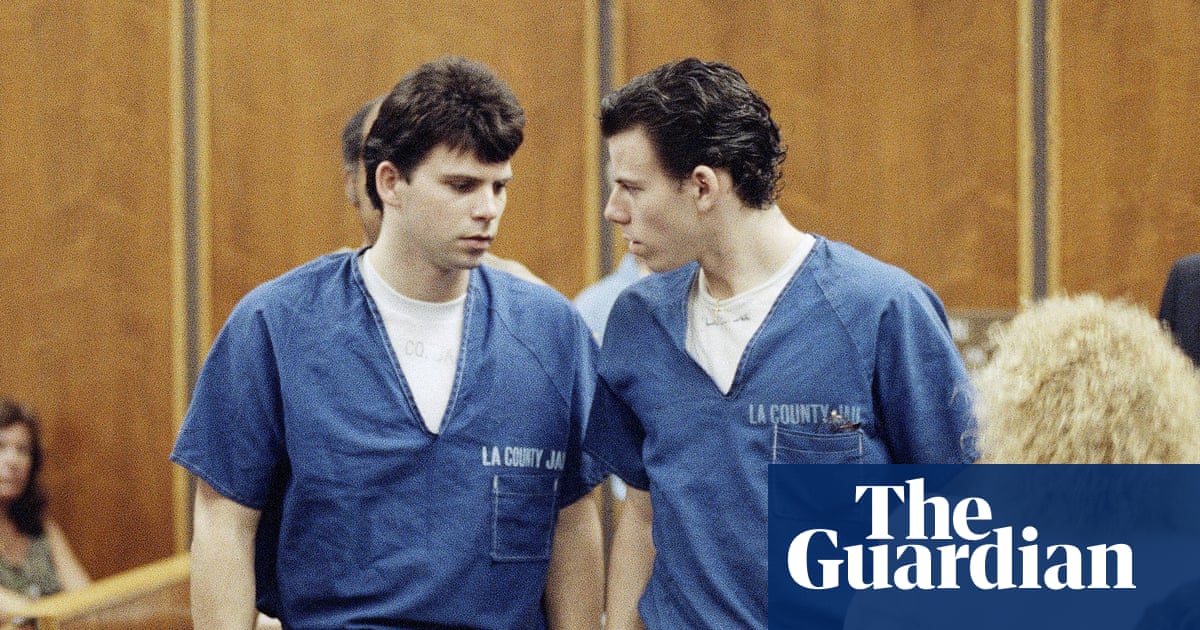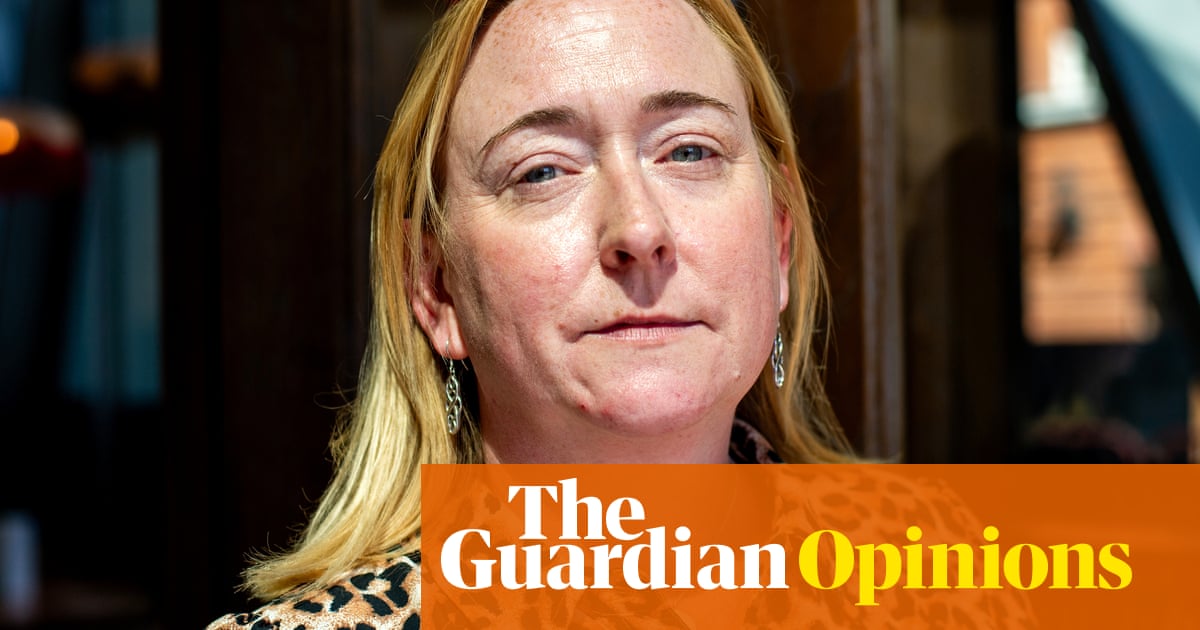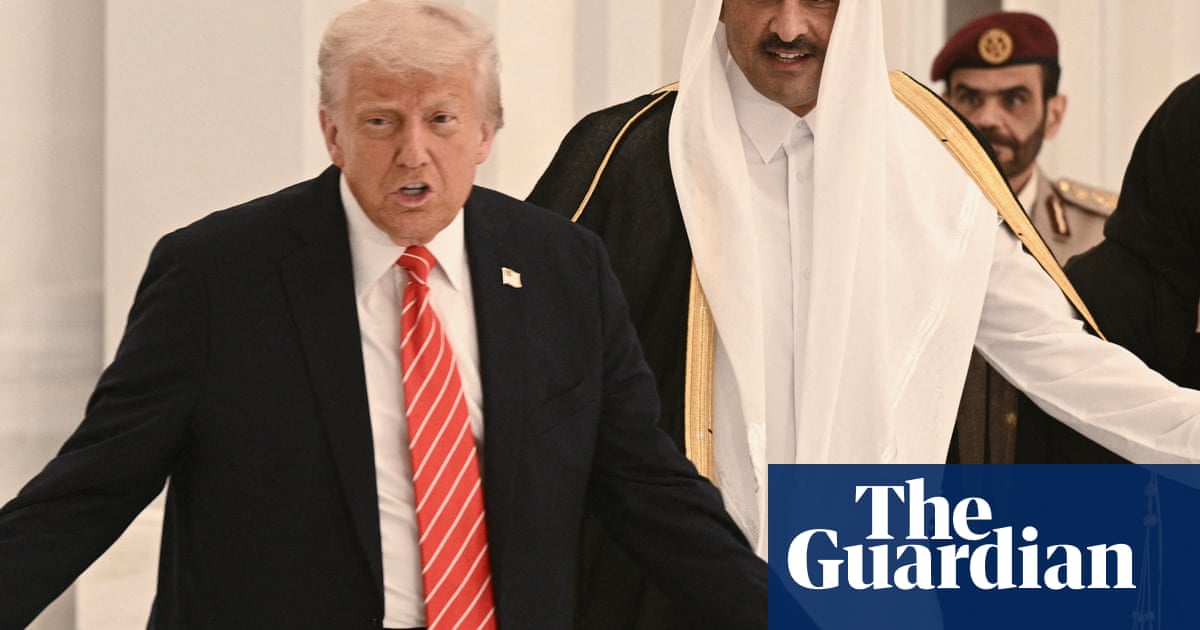The picture painted by official data for the UK economy in 2024 reveals a country broken by 14 years of Conservative party rule. True, the economy grew – somewhat unexpectedly – but GDP per head fell, showing prosperity didn’t reach most people. There are a few reasons for this decline but none suggests a healthy society. One is runaway wealth inequality, with gains hoarded at the top. Another is stark regional disparities, with some areas falling further behind despite national GDP rising. A third is rising immigration without enough job creation – more workers, but not enough well-paying positions.
A growing economy means little if it doesn’t improve living standards. In 2024, it didn’t. This political reality has shaped recent years, and not in a good way. It’s worth recalling a Newcastle woman’s tart response to the political scientist Anand Menon in 2016 when he warned that Brexit would hit GDP: “That’s your bloody GDP, not ours.” That continuing frustration explains the current backlash against mainstream politicians. No wonder Sir Keir Starmer wants his party to be one of disruption.
Thursday’s growth figures offer the prime minister a chance to break the mould of British politics. Unfortunately, he seems reluctant to act. What’s clear from the statistics is that, in 2024, government spending drove growth – boosted by rising wages, especially in the public sector – rather than business investment or net trade. Labour could challenge the status quo with a new economic vision centred on the state. Instead, unfortunately, the government promotes the idea that growth depends on government inaction in the face of unfettered capitalism.
Statistics often disguise the state’s role, framing public services as just another economic input rather than the engine of demand they are. This distortion makes the economy look more market-driven than reality, reinforcing neoliberal myths. The chancellor, Rachel Reeves, unfortunately, seems more eager to conform to these narratives than challenge them. She plans to cut public sector net borrowing from March 2025 to meet fiscal rules – austerity by another name. The last time this happened, post-2010, it led to a decade of weak growth and stagnant wages. The justice secretary, Shabana Mahmood, gets it. This week, she called out austerity’s role in wrecking probation services. If she was trying to change the chancellor’s mind, she deserves thanks. Britain can’t afford years of cuts.
One of John Maynard Keynes’ sharpest insights was what’s good for society isn’t always good for profits. That’s why the Green Alliance, a thinktank, is right – injecting £3bn into discounting rail fares to boost passenger miles by 22% is smart economics. It’s a win for regional growth, for the climate and for cleaner air. The state has the power to make capitalism work for the public – if it chooses to use it. But Labour’s delay on releasing its industrial strategy is a worrying sign.
The UK must move away from a debt-driven, low-wage, financialised economic model. Public investment in infrastructure – especially in underserved regions – and in skills and industry is needed to stimulate demand and create high-quality jobs. Raising wages and reducing inequality will ensure broad-based prosperity, not just asset bubbles. The belief that “markets know best” has prevented bold action on Britain’s yawning economic divides and the climate emergency. After 40 years of weakening the state and rewarding rentier capitalism, reform is urgent. Labour must build a system that delivers it.

.png) 2 months ago
34
2 months ago
34

















































